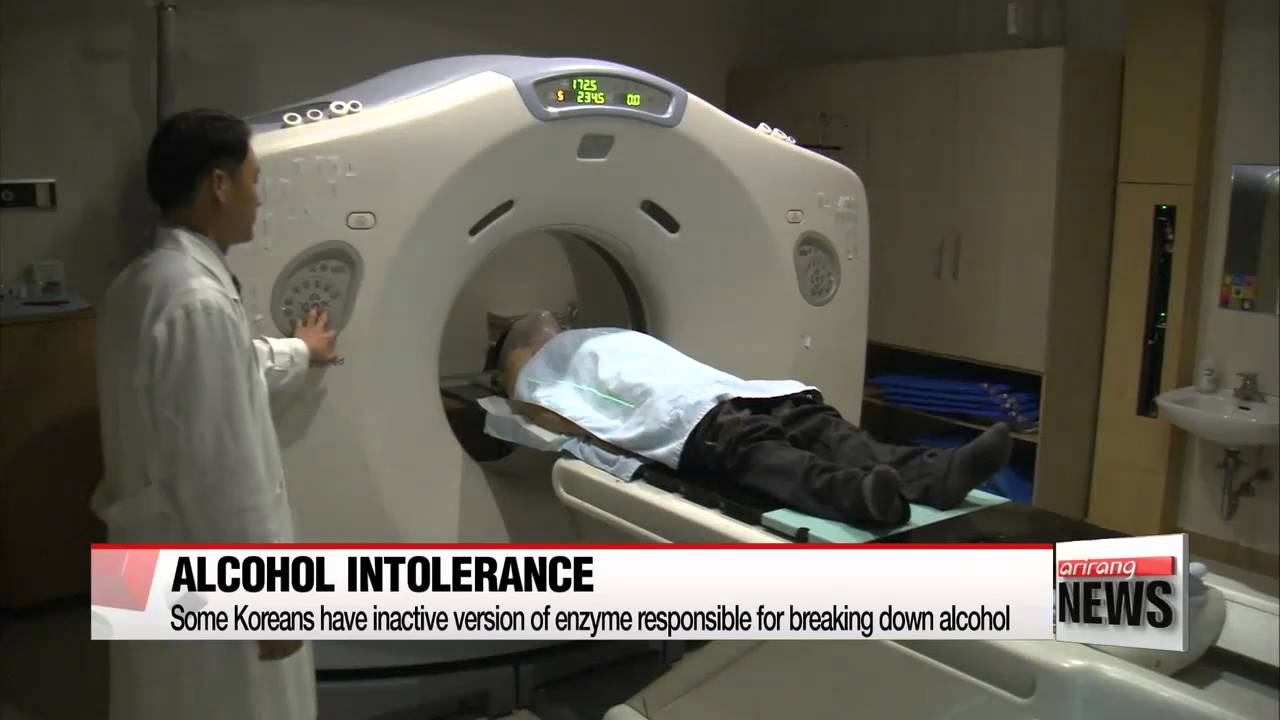
Description

Just 16% of those who do imbibe say they sometimes overindulge on alcohol, the fifth consecutive reading this figure has been below 20% and the lowest in Gallup’s trend by one point. From 1978 through 2010, more than 20% of Americans, reaching as high as 35% in 1989, reported sometimes drinking more than they should. Similar percentages of each age group, between 21% and 23%, say stopping drinking is the best advice for a moderate drinker, but two-thirds of young adults versus about half of middle-aged and older adults recommend a reduction in consumption. That leaves about half as many young adults (10%) as middle-aged (21%) and older adults (19%) saying the best health advice for the average drinker is to not change their drinking habits. Americans’ concerns about alcohol consumption are not tied to an increase in reports of drinking-related problems in families. Rather, the 25% of U.S. adults who now say drinking has ever been a cause of trouble in their family is the lowest since 1996.
Why does your alcohol tolerance change over time?

Such symptoms indicate that physical dependence on alcohol has formed, and it is necessary to participate in a formal detox program to ensure your safety. Researchers have found there are a few different types of tolerance that people develop in response to alcohol use. All types of tolerance are a result of your body’s adaptation to the substance, but the different forms of tolerance can be exhibited in different ways. That said, rewinding to the part about cutting back on drinking, it’s worth noting that alcohol speeds up the aging process because regular drinking can result in a loss of skin elasticity, which may mean an increase in fine lines and wrinkles. “Alcohol also decreases cellular efficiency throughout the entire body, making our vital organs function less efficiently, leading to chronic disease. Plus, it’s a depressant affecting behavior and making it difficult to think clearly and make executive functions,” Dr. Schwartz explains.
- Yet early indicators of alcohol issues show that if attention were paid, excessive drinking might be headed off before alcoholism develops.
- All types of tolerance are a result of your body’s adaptation to the substance, but the different forms of tolerance can be exhibited in different ways.
- NBC News spoke to eight nutritionists and doctors about the risks and supposed benefits of alcohol.
- That is why alcohol detox and alcohol withdrawal treatment is administered by medical professionals.
CBD Oil’s Benefits, Side Effects and Journey Into Australia’s Medical Sphere

If not, flavored sparkling water or a good ‘ol mocktail can ease the transition. Sometimes people have a nightcap to help them fall asleep, Bogunovic says. By Buddy TBuddy T is a writer and founding member of the Online Al-Anon Outreach Committee with decades of experience writing about alcoholism. Because he is a member of a support group that stresses the importance of anonymity at the public increasing alcohol tolerance level, he does not use his photograph or his real name on this website. For example, if the driver encountered unexpected situations, a detour, or a change in driving conditions, he could lose any previously acquired tolerance to alcohol’s impairment of his driving skills. A treatment center will attempt to verify your health insurance benefits and/or necessary authorizations on your behalf.
Pickleball is everywhere. Here’s why the fast-growing sport is good for your health
Individuals who consume both alcohol and tobacco together have a substantially higher risk of developing head and neck cancer. “I would consider this a starting point to truly define what the risk is of developing head and neck cancer from cannabis use. It creates an association, but we definitely have more work to do in terms of truly defining what those risk levels are,” Kokot told Healthline. Alcohol is a diuretic, which means it makes you pee more, which can lead to dehydration. Not only does this lead to hangovers, but a dehydrated brain doesn’t function as well, which will compound your feeling of drunkenness.
Head and neck cancer risk 5 times higher among cannabis users
The systemic administration of oxytocin (Szabó et al., 1985) or its C-terminal fragments (Aoun et al., 2017; Vendruscolo et al., 2015) before alcohol exposure blocked the development of rapid tolerance to the hypothermic effects of alcohol in male mice. Sharma et al. (2014) showed that male mice that binge drank alcohol developed rapid tolerance to alcohol-induced increases in non-rapid-eye-movement sleep, measured by electroencephalography and electromyography. Male and female rats exhibited rapid tolerance to alcohol’s sedative effect during adolescence on postnatal day 36 and during young adulthood on postnatal day 56, whereas no rapid tolerance was observed in rats on postnatal day 16. On postnatal day 56, males exhibited greater sedation compared with females, but no sex differences in the development of rapid tolerance were observed (Silveri and Spear, 1999). Male rats of three different ages (4, 13, and 25 months) did not differ in rapid tolerance to hypothermia that was induced by alcohol, but 4-month-old rats developed greater rapid tolerance to sedation than the other ages (Chan and York, 1994). Simply defined, alcohol tolerance occurs when the amount of alcohol that is consumed does not change but results in less of an effect or when higher amounts of alcohol are needed to produce the same effect.
Functional Tolerance

It depresses the central nervous system by altering how neurotransmitters submit signals to the brain. A classic test of intoxication with alcohol in rodents is a motor measure. Rodents are trained to walk while the rod rotates at a fixed or accelerating speed.

Alcohol’s effect on respiratory health, mental health and more

How Long Does it Take to Reduce AT?
- Aragam co-authored a 2022 study that also found a trend of healthy lifestyle habits among light to moderate drinkers, but concluded nonetheless that any level of alcohol consumption increased the risk of cardiovascular disease.
- Having an alcohol intolerance is a genetic condition that means your body can’t process alcohol easily.
- L-tryptophan is the precursor of 5-hydroxytryptaminne (5-HT; serotonin) and increases 5-HT levels in the brain.

